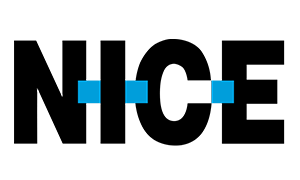
The Future of Conduct Risk in Financial Institutions


Senior industry leaders will share their insights
Financial institutions operating in the capital markets have to be on constant alert to ensure that staff comply with numerous laws, regulations, industry standards and company policies, as well adhere to general standards of behaviour. Misconduct ranges from the minor and accidental – such as administrative errors and misunderstandings – to the serious and intentional, such as rogue trading, market abuse, money laundering, fraud, bribery and selling unsuitable services to customers. The consequences can be severe. Firms can be fined and subjected to other penalties, with disastrous effects on reputation, custom, revenues and share price.
This webinar, hosted by the Financial Times in partnership with NICE, explored how sophisticated surveillance technology is being used to capture and analyse voice, video and text communications and mitigate the conduct risks facing financial institutions.
Key Themes
The Risks
Rogue trading, market abuse, bribery, corruption, mis-selling, bullying, inappropriate remarks and more – which areas of misconduct pose the biggest threats to financial market firms? How have recent regulations and evolving business, social and cultural attitudes increased the risks?
Managing Conduct
A holistic approach to trade and conduct surveillance is key, involving all parts of the business, from the trading floor, compliance and human resources, to risk management, communications and IT – how can that be achieved?
Business and Career Outcomes
How can firms use these AI-based systems to fine-tune workflows and efficiencies? How can it be shown that improved conduct leads to a healthier corporate culture, better business performance and, ultimately, enhanced career and pay prospects?
Communications Capture and Surveillance Technology
How are sophisticated, cloud-based systems being used to capture and monitor staff activity, detect suspicious and anomalous behaviour and analyse staff sentiment (rude, angry, racist or other “off-colour remarks”)? How are the results reported and acted upon?
We’re here to help
"An incredibly well-curated event. A great combination of thought-provoking discussions and networking."
Chanelle Duley University of Auckland
© Financial Times Live
FT Live and its journalism are subject to a self-regulation regime under the FT Editorial Code of Practice